In the ever-evolving world of beauty and personal care, salt for hair has emerged as a surprising yet powerful trend. This guide delves into the growing popularity of salt-based hair products, exploring their benefits, the social media buzz surrounding them, and the market potential that makes them a must-have for retailers and wholesalers in 2025.
Table of Contents:
– Understanding the Trend: Why Salt for Hair is Gaining Popularity
– Exploring Popular Salt-Based Hair Products
– Addressing Consumer Pain Points with Salt for Hair Solutions
– Innovations and New Products in the Salt Hair Care Market
– Wrapping Up: Key Takeaways for Sourcing Salt-Based Hair Products
Understanding the Trend: Why Salt for Hair is Gaining Popularity
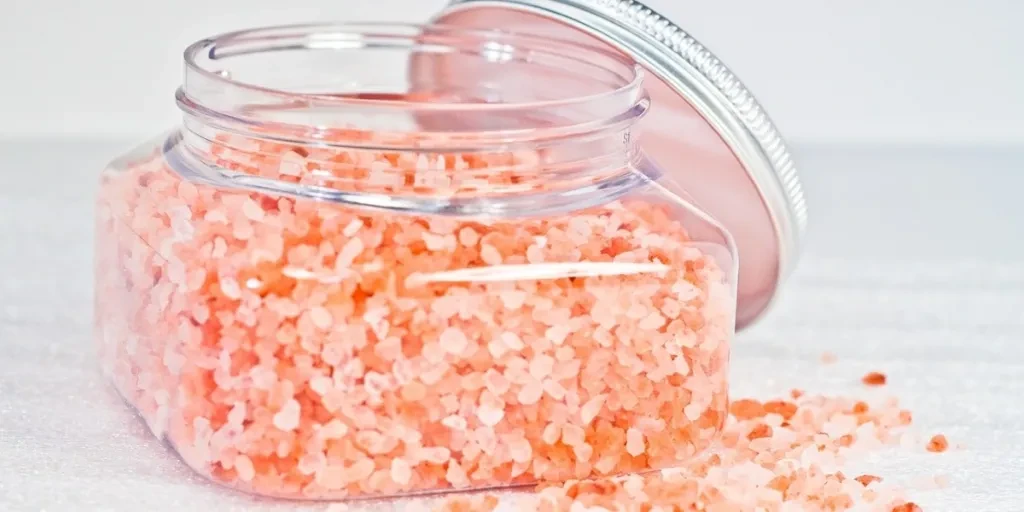
What is Salt for Hair and Its Benefits?
Salt for hair, often derived from sources like the Dead Sea, Epsom salt, and Himalayan salt, is making waves in the beauty industry. These mineral-rich salts are infused into hair care products such as shampoos, conditioners, and sprays, offering a myriad of benefits. They are known to enhance hair texture, add volume, and detoxify the scalp. The minerals in these salts, such as magnesium, calcium, and potassium, help to strengthen hair, reduce dandruff, and promote overall scalp health. This natural approach to hair care aligns with the increasing consumer preference for organic and sustainable products.
Social Media Buzz: Hashtags and Influencer Endorsements
The rise of salt for hair can be significantly attributed to the power of social media. Platforms like Instagram and TikTok are flooded with hashtags such as #SaltHair, #BeachWaves, and #MineralMagic, showcasing the transformative effects of salt-infused hair products. Influencers and beauty gurus are endorsing these products, sharing their personal experiences and tutorials, which in turn drives consumer interest and trust. The visual appeal of beachy waves and voluminous hair created by salt sprays has captivated audiences, making these products a staple in many hair care routines.
Market Potential: Demand Growth and Consumer Interest
The market potential for salt-based hair products is substantial. According to a professional report, the global bath salts market, which includes hair care applications, grew from USD 2.88 billion in 2023 to USD 3.06 billion in 2024, with an expected CAGR of 6.11%, reaching USD 4.37 billion by 2030. This growth is driven by the increasing consumer interest in wellness and self-care routines. The demand for products that offer both aesthetic and therapeutic benefits is on the rise, and salt for hair fits perfectly into this niche. The trend is further bolstered by the growing popularity of aromatherapy and the use of essential oils, which are often combined with salts to enhance their benefits.
In conclusion, the rise of salt for hair is not just a fleeting trend but a significant shift in the beauty and personal care industry. With its numerous benefits, strong social media presence, and promising market potential, salt-based hair products are poised to become a staple in hair care routines worldwide. Retailers and wholesalers should take note of this trend and consider incorporating these products into their offerings to meet the growing consumer demand.
Exploring Popular Salt-Based Hair Products
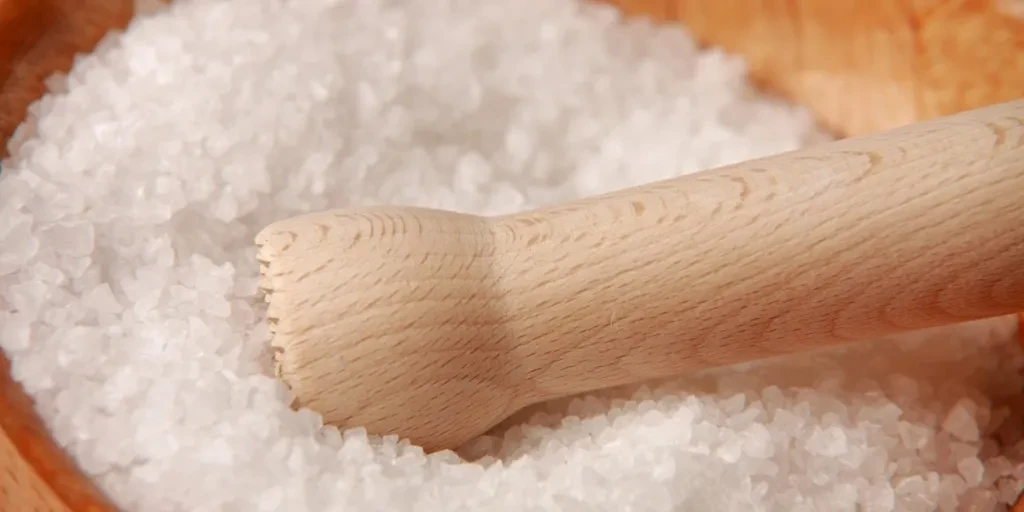
Sea Salt Sprays: Enhancing Texture and Volume
Sea salt sprays have become a staple in the hair care industry, particularly for those seeking to achieve a beachy, tousled look. These sprays work by adding texture and volume to the hair, mimicking the effects of a day spent by the ocean. The primary ingredient, sea salt, helps to create a matte finish and enhances natural waves. For business buyers, it is crucial to consider the concentration of sea salt in these sprays, as higher concentrations can lead to dryness and potential damage. Brands like Ouai and Bumble and Bumble have perfected their formulations to balance the texturizing benefits of sea salt with hydrating ingredients like aloe vera and glycerin, ensuring that the hair remains healthy and manageable.
Salt-Infused Shampoos: Deep Cleansing and Scalp Health
Salt-infused shampoos are gaining popularity for their deep cleansing properties. These shampoos often contain sea salt or Himalayan salt, which act as natural exfoliants, removing buildup and impurities from the scalp. This deep cleansing action can help to improve scalp health, reduce dandruff, and promote hair growth. When sourcing salt-infused shampoos, business buyers should look for products that also include moisturizing agents to counteract the potential drying effects of salt. Brands like Verb and NatureLab. Tokyo have developed formulations that combine the cleansing power of salt with nourishing ingredients like argan oil and hyaluronic acid, providing a balanced approach to hair care.
DIY Salt Hair Treatments: Customization and Cost-Effectiveness
DIY salt hair treatments offer a customizable and cost-effective solution for consumers looking to enhance their hair care routine. These treatments can be easily made at home using common ingredients like sea salt, coconut oil, and essential oils. For business buyers, offering DIY kits or providing detailed instructions for creating these treatments can be an attractive addition to their product lineup. Brands like Lush and The New Sanctuaries have successfully marketed DIY kits that allow consumers to create their own salt-based hair treatments, providing a unique and engaging experience.
Addressing Consumer Pain Points with Salt for Hair Solutions
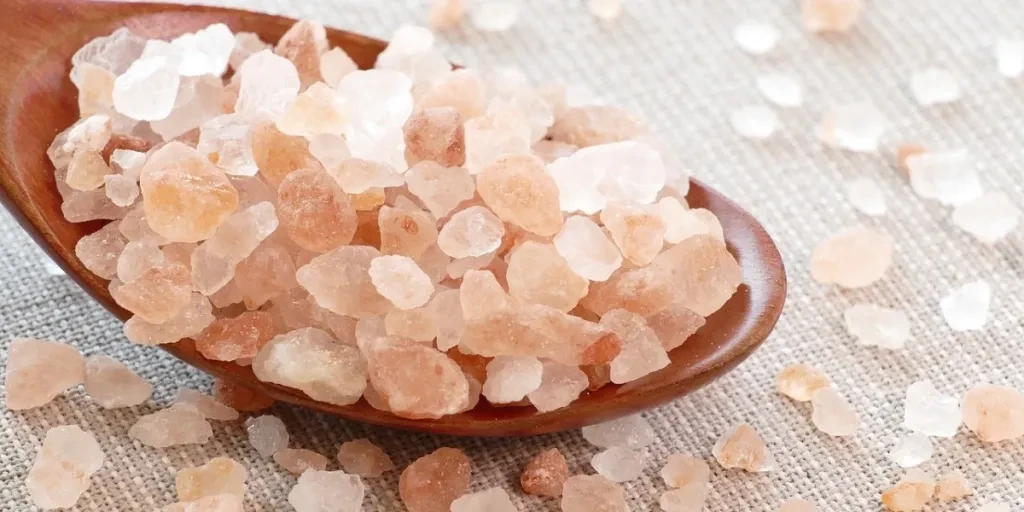
Managing Dryness and Frizz: Effective Moisturizing Techniques
One of the primary concerns with salt-based hair products is their potential to cause dryness and frizz. To address this, it is essential to incorporate effective moisturizing techniques into the formulation. Ingredients like glycerin, aloe vera, and coconut oil can help to lock in moisture and prevent the hair from becoming brittle. Brands like Ouai and Sachajuan have developed salt sprays and shampoos that include these hydrating ingredients, ensuring that the hair remains soft and manageable. Additionally, offering complementary products like leave-in conditioners and hair oils can help to mitigate the drying effects of salt-based products.
Balancing Salt Usage: Avoiding Overuse and Hair Damage
While salt-based products can provide numerous benefits, overuse can lead to hair damage. It is important for business buyers to educate consumers on the proper usage of these products. Clear instructions on the frequency of use and the amount of product to apply can help to prevent overuse. Brands like Ebb Ocean Club and Highland Style Co. emphasize the importance of moderation in their marketing materials, ensuring that consumers understand the potential risks of overusing salt-based products. Additionally, offering products with varying concentrations of salt can provide options for different hair types and needs.
Sensitive Scalp Care: Gentle Formulations and Alternatives
For consumers with sensitive scalps, salt-based products can sometimes cause irritation. To cater to this demographic, it is crucial to develop gentle formulations that minimize the risk of irritation. Ingredients like chamomile, lavender, and calendula can help to soothe the scalp and reduce inflammation. Brands like Dr. Scalp and Traya Health have created salt-infused products specifically designed for sensitive scalps, incorporating these calming ingredients to provide a gentle yet effective solution. Additionally, offering alternative products like salt-free shampoos and conditioners can cater to those who prefer to avoid salt altogether.
Innovations and New Products in the Salt Hair Care Market
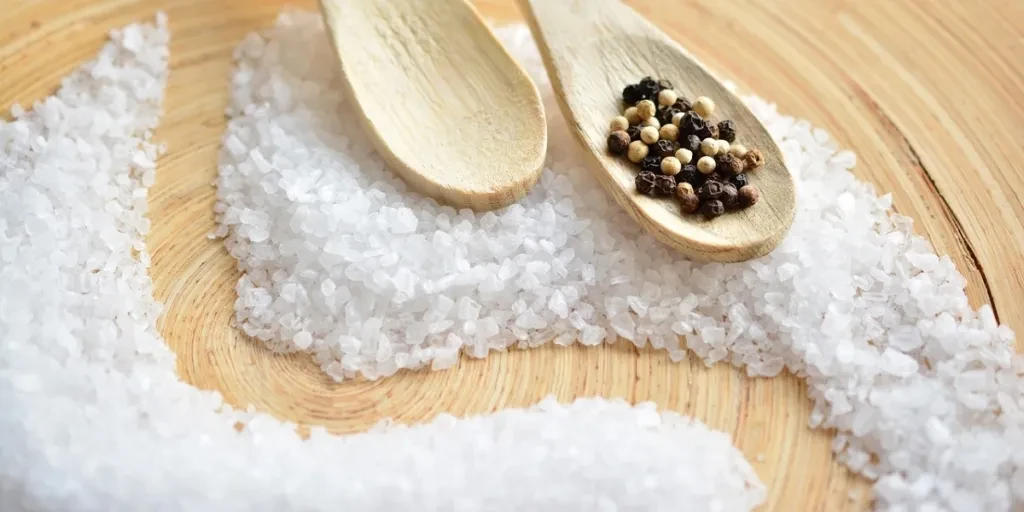
Cutting-Edge Formulations: Combining Salt with Other Beneficial Ingredients
The salt hair care market is continuously evolving, with new formulations that combine salt with other beneficial ingredients. These innovative products aim to provide a comprehensive approach to hair care, addressing multiple concerns simultaneously. For example, brands like NatureLab. Tokyo and Verb have developed shampoos that combine salt with botanical extracts and amino acids, offering both cleansing and nourishing benefits. This trend towards multifunctional products is particularly appealing to consumers looking for efficient and effective hair care solutions.
Eco-Friendly and Sustainable Salt Hair Products
Sustainability is a growing concern in the beauty industry, and the salt hair care market is no exception. Brands are increasingly focusing on eco-friendly and sustainable practices, from sourcing ingredients to packaging. For instance, Highland Style Co. uses all-natural ingredients and is a member of the 1% for the Planet initiative, demonstrating their commitment to environmental responsibility. Business buyers should prioritize products that align with these values, as consumers are becoming more conscious of the environmental impact of their purchases.
Emerging Brands and Their Unique Offerings
The salt hair care market is seeing the emergence of new brands that offer unique and innovative products. These brands often focus on niche markets or specific hair care needs, providing tailored solutions that stand out in a crowded market. For example, Moxie Beauty targets consumers dealing with humidity and frizz, offering products like their Flexi Styling Serum Gel that fights humidity and provides SPF protection. By staying attuned to emerging trends and consumer needs, business buyers can identify and source products that offer a competitive edge.
Wrapping Up: Key Takeaways for Sourcing Salt-Based Hair Products

In conclusion, the salt hair care market offers a diverse range of products that cater to various hair care needs. From enhancing texture and volume with sea salt sprays to deep cleansing with salt-infused shampoos, these products provide unique benefits that appeal to consumers. However, it is crucial for business buyers to consider factors like ingredient safety, moisturizing techniques, and sustainability when sourcing these products. By staying informed about the latest innovations and addressing common consumer pain points, business buyers can effectively meet the demands of the market and provide high-quality salt-based hair care solutions.
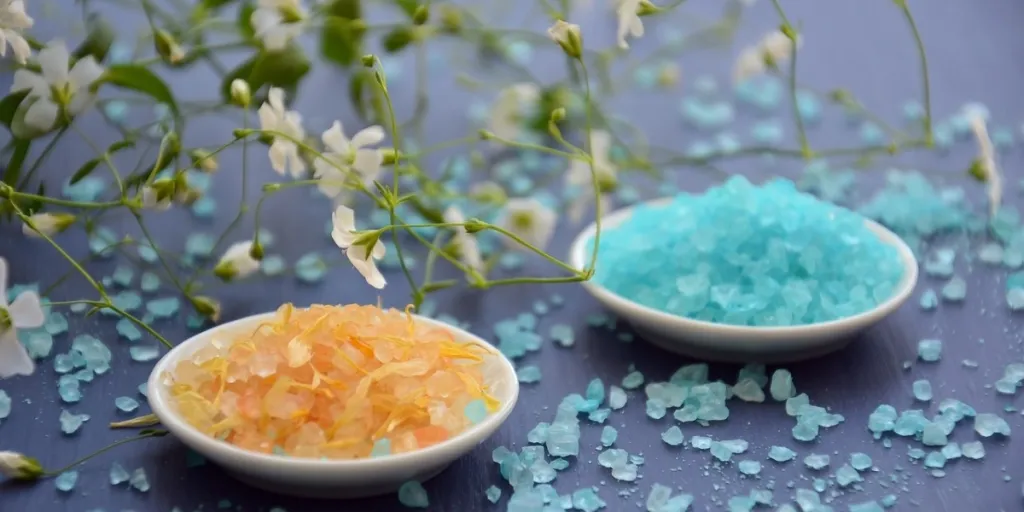




 বাংলা
বাংলা Nederlands
Nederlands English
English Français
Français Deutsch
Deutsch हिन्दी
हिन्दी Bahasa Indonesia
Bahasa Indonesia Italiano
Italiano 日本語
日本語 한국어
한국어 Bahasa Melayu
Bahasa Melayu മലയാളം
മലയാളം پښتو
پښتو فارسی
فارسی Polski
Polski Português
Português Русский
Русский Español
Español Kiswahili
Kiswahili ไทย
ไทย Türkçe
Türkçe اردو
اردو Tiếng Việt
Tiếng Việt isiXhosa
isiXhosa Zulu
Zulu